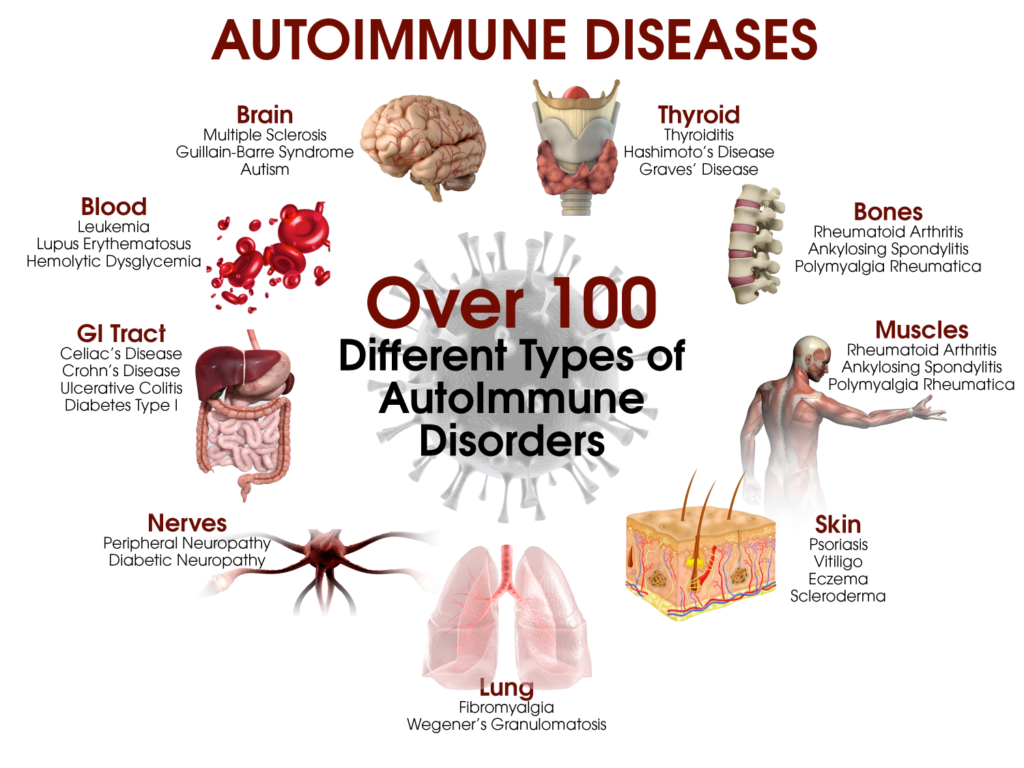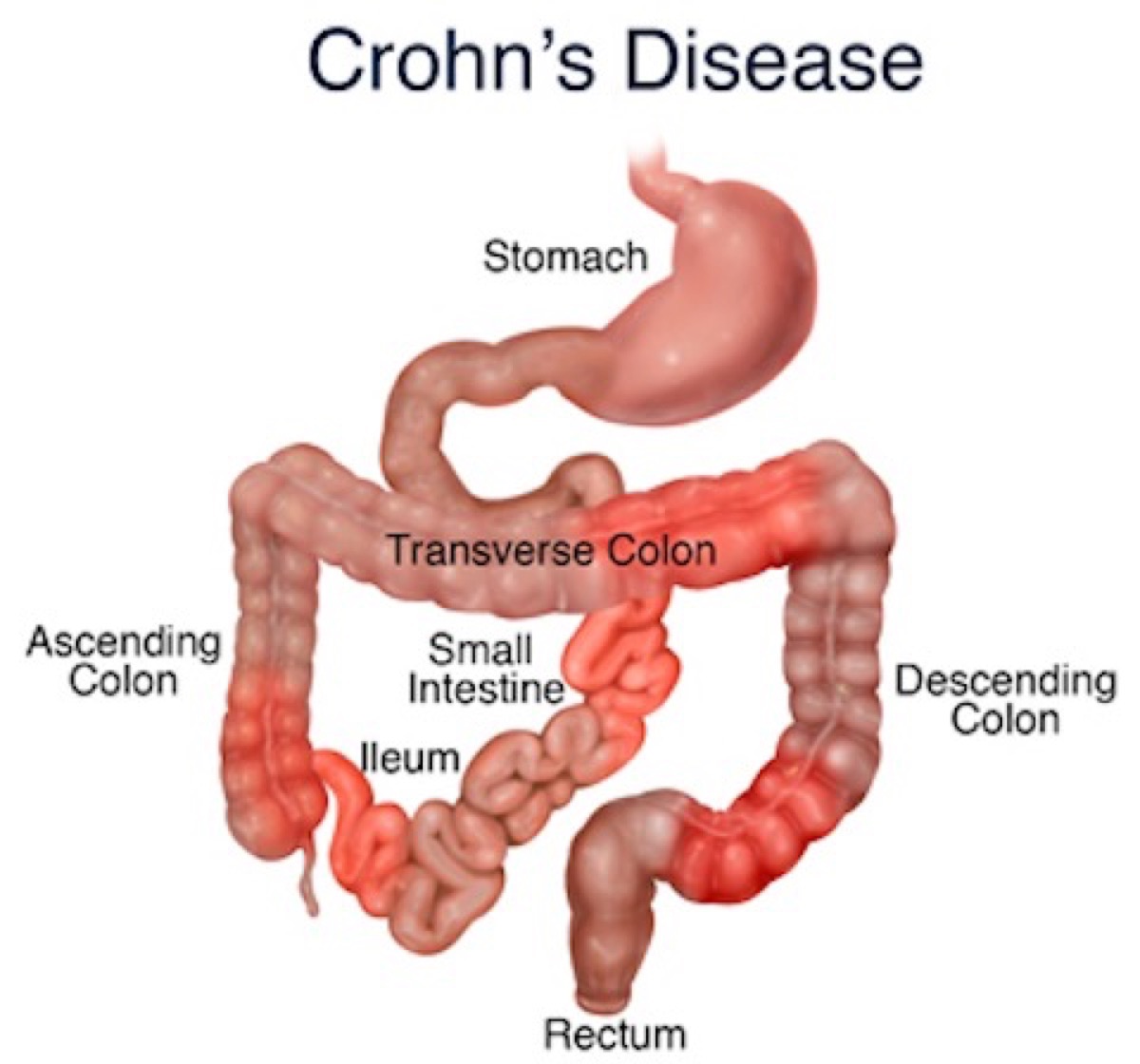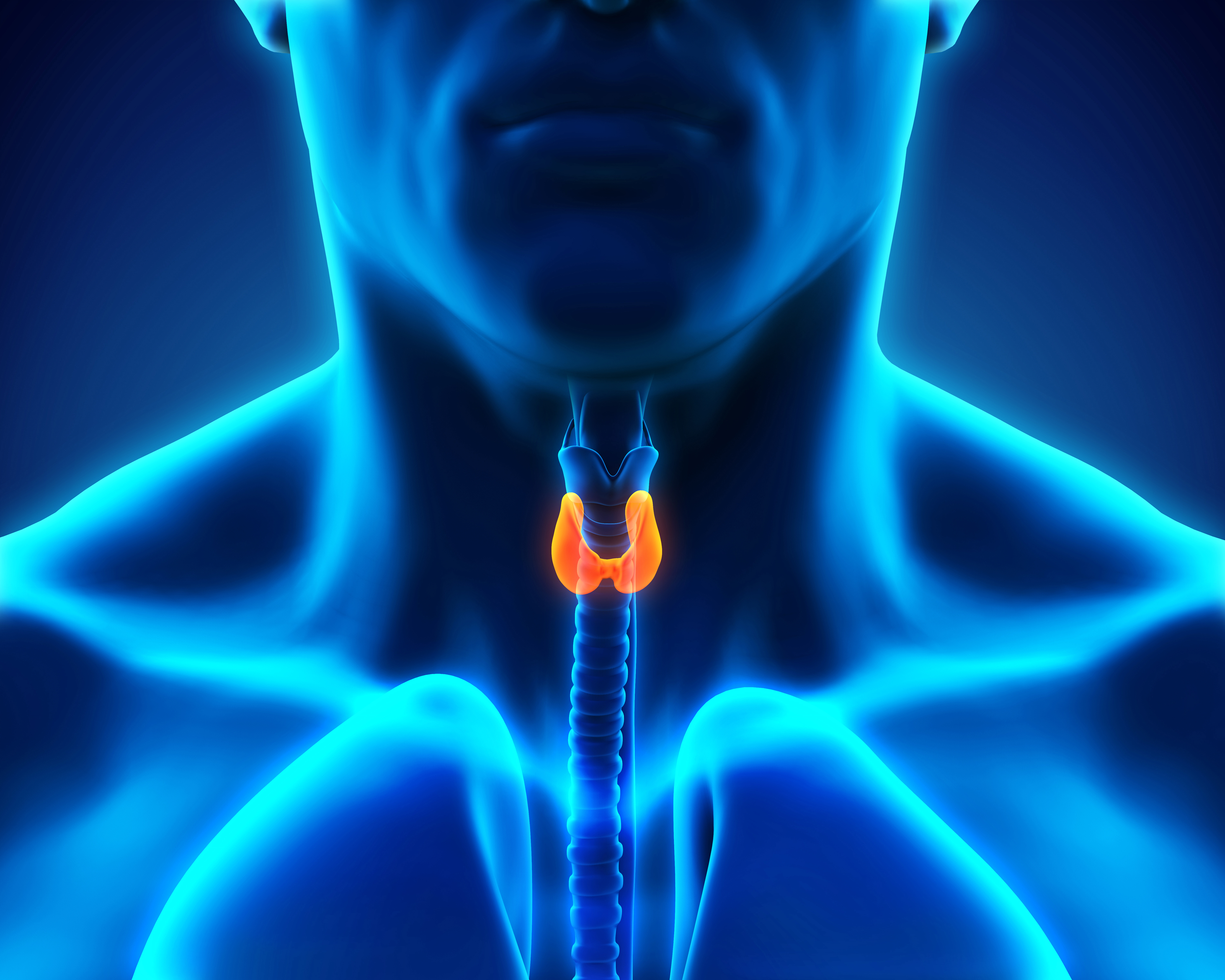Autoimmune Diseases: A Serious Health Concern For All 20-Somethings
A person’s twenties are meant to be a fun decade with endless possibilities. No one wants to think about developing a chronic, incurable illness when they are supposed to be having the time of their life. Autoimmune diseases occur when the body’s immune system mistakenly attacks its own tissues and organs. Recently, they have been targeting more young people than ever, which can quickly turn a person’s twenties into a time of uncertainty. Here is what all twenty-somethings need to know.
What Is Autoimmunity?

Autoimmune diseases, or autoimmunity, describe a group of chronic illnesses that are characterized by an overactive immune system. The immune system attacks healthy cells and tissues because it mistakes them as foreign invaders. Diseases are classified by the part of the body affected. Ulcerative colitis and Crohn’s disease affect the digestive system while Multiple Sclerosis targets the spinal cord and brain and rheumatoid arthritis affects the joints. Currently, there is no cure for autoimmune diseases and treatment is limited to managing symptoms.
Characteristics

Autoimmune diseases are characterized by flare-ups (when the disease is active) and periods of remission. Flare-ups are different for everyone and can last anywhere from a few weeks to years at a time. Remission occurs when the symptoms of the disease go away for a period of time. Think of remission as a time in which the disease is sleeping. It will never entirely go away and can lie dormant in the body for years before another attack occurs, but it will always be there.
Triggers

All autoimmune diseases are related and begin in the gut where approximately seventy-five percent of the immune system resides. After developing one autoimmune disease, it is very common to receive another diagnosis of a separate autoimmune disease later in life. Although doctors do not know what causes them, certain factors may trigger a flare, such as a poor diet, lack of sleep, too much stress, a sedentary lifestyle, and even genetics. A person who has a family history of autoimmunity is at an increased risk of developing a condition themselves.
How They Occur

The immune system is designed to protect the body against foreign invaders, such as bacteria, viruses, and parasites. The innate system is the part of the immune system the body is born with. It protects the body by releasing white blood cells that attack harmful agents while the acquired immune system is what develops after a baby is born. It launches attacks via T-cells and B-cells. Autoimmunity occurs when the immune system malfunctions and mistakenly attacks its own cells instead of foreign invaders.
Symptoms

While no two people with the same disease are guaranteed to experience the same symptoms, there are a few universal signs to watch out for. Feeling tired all the time is a common symptom of all autoimmune conditions. Unexpected weight loss, increased thirst, muscle weakness, vision problems, reoccurring diarrhea or abdominal pain, irregular periods and unexplained fevers should all be investigated. Many symptoms of autoimmunity may occur after an infection or a cold as the immune system is already in a comprised state.
Causes

The scary part about autoimmunity is that it will never go away and medical professionals do not know what causes it. Studies have linked certain genetic mutations, environmental factors, stress, and improper diet to autoimmune diseases, but no standard causes have been identified. Autoimmunity can affect anyone at any age. Some people are diagnosed when they are children. Others are diagnosed later in adult life. There are eighty total autoimmune conditions and individuals in their twenty are at an increased risk of seven of them.
Type One Diabetes

Type one diabetes is an autoimmune disease that attacks the cells in the pancreas that make insulin, leaving them unable to metabolize glucose properly. People with type one diabetes require lifelong injections of insulin and blood testing to ensure they receive the proper amount. Although the disease usually occurs during childhood, there has been a fivefold increase in the past forty years with a twenty-three percent spike in the last decade alone, leaving four hundred & fifty thousand young people affected.
Psoriasis

Psoriasis is an autoimmune response that targets the skin. There are seven different types of psoriasis with the most common being plaque psoriasis or psoriasis Vulgaris, which affects eight in ten people with the condition. It is characterized by inflamed, raised and itchy red skin patches covered by white scales. Although it can occur anywhere on the body, it is most commonly found on elbows, knees, the lower back and scalp. Psoriasis tends to peak in the late teenage years to the early thirties.
Lupus

Lupus is an autoimmune disease in which any part of the body can be affected, including the skin, joints, and muscles. It affects approximately five million people worldwide, and ninety percent are women aged fifteen to forty-four years old. Symptoms may include sensitivity to the sun, a sudden and extreme fever, joint pain, chest pain when breathing, and kidney failure. People with lupus tend to develop a signature butterfly-shaped rash on the bridge of their nose.
Rheumatoid Arthritis

Rheumatoid arthritis is characterized by inflammation that damages joints and organs. Approximately 1.5 million people in the United States alone are affected. The condition affects three times as many women as men. Women are also more likely to develop symptoms at a younger age (between thirty and sixty) while men experience symptoms later in life. People who have rheumatoid arthritis in their hands have large, deformed knuckles that make it hard to grab things, put on jewelry or bend the fingers.
Crohn’s Disease

Joyful Belly
Crohn’s disease is one of the most common autoimmune conditions in people aged fifteen to thirty. The bowel condition is characterized by inflammation, pain, and bleeding of the digestive tract. Unlike ulcerative colitis, a similar autoimmune disease that affects the colon, Crohn’s disease can occur in any part of the gastrointestinal tract from the mouth to the anus. Symptoms include bloating, mouth sores, diarrhea, gut pain and intestinal bleeding. It is commonly diagnosed with a colonoscopy.
Multiple Sclerosis

Multiple sclerosis is an autoimmune condition that affects the central nervous system, or the brain and the spinal cord. It is characterized by excessive inflammation and damage to the coating of nerves. It is the most common neurological condition in the younger population. Symptoms include muscle pain and weakness, especially in the legs, numbness in the extremities, loss of vision, depression, and tremors. In many cases, multiple sclerosis leads to paralysis or the inability to walk and use the legs.
Graves Disease

Graves disease is an autoimmune condition that affects the thyroid, which is responsible for housing most of the body’s hormones. The thyroid gland is a butterfly-shaped organ in the neck that controls hormone flow to the blood. It affects metabolism, muscle control, heart and digestive functions, bone maintenance, reproductive health, and brain development. Symptoms may include anxiety, depression, difficulty concentrating, fluctuation in weight, appetite changes, insomnia, muscle weakness, tremors, nervousness, rapid or irregular heartbeat, reproductive impairment, and irregular periods (in females).
When To Seek Help

Contact a doctor immediately if any unusual or unexplained symptoms occur. A physician will be able to determine what the cause is by performing certain tests. Tell a doctor if there is a family history of autoimmunity as this may increase the risk of developing a condition. A doctor should be able to advise how to avoid developing autoimmunity in the future, such as getting enough sleep at night, eating a healthy diet, avoiding smoking and excessive drinking, exercising regularity and finding healthy ways to deal with stress.
Treatment

There is no cure for autoimmune diseases. Treatment options are unique to the type of illness and are designed to control symptoms to put the disease in remission. Medications may include immunosuppressants to prevent the immune system from attacking the body. Corticosteroids are prescribed to control inflammation. Thyroid medications and insulin injections are needed for people with Graves disease and type one diabetes, respectively. Natural remedies such as fish oil, turmeric, an anti-inflammatory diet, and adequate exercise may also help control damaging inflammation associated with the disease.
